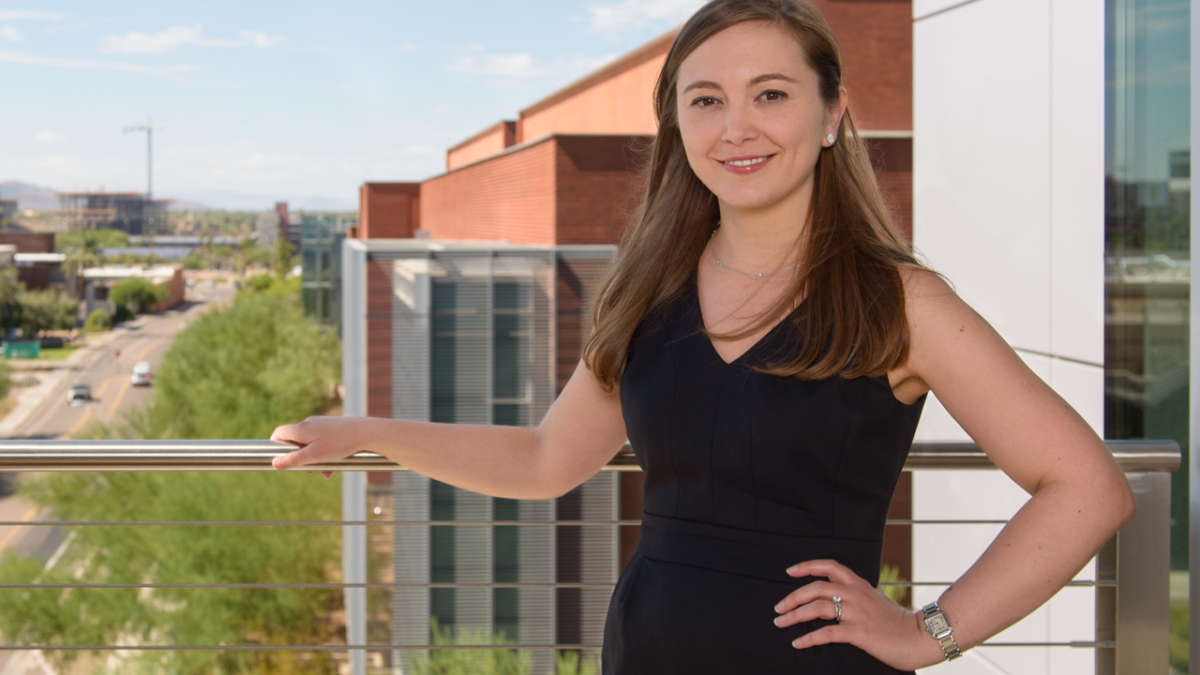“Bound to fail.” “Impossible.” “Can’t be done.”
Nadya Bliss has been hearing these phrases since she was a 5-year-old trying out for ballet in the former Soviet Union. These same phrases are used to describe many of the current seemingly unsolvable “wicked” problems, ranging from information security to the spread of infectious disease.
As the director of Arizona State University’s Global Security Initiative and professor of practice at ASU’s Ira A. Fulton Schools of Engineering, Bliss is not deterred by personal discouragement, or the claim that complex problems are impossible to solve. Instead, she embraces complexity and integrates expertise from a broad range of fields and disciplines.
Here, she speaks on solving the unsolvable problem, and how that's not as much of a contradiction as it might appear.
Bliss’ talk is part of the ASU KEDtalks series. Short for Knowledge Enterprise Development talks, KEDtalks aim to spark ideas, indulge curiosity, and inspire action by highlighting ASU scientists, humanists, social scientists and artists who are driven to find solutions to the universe’s grandest challenges. Tune in monthly to research.asu.edu/kedtalks to discover why space is the next economic frontier, how the next educational revolution will come about, and more.
More Science and technology

Turning up the light: Plants, semiconductors and fuel production
What can plants and semiconductors teach us about fuel production?ASU's Gary Moore hopes to find out.With the aim of learning how to create viable alternatives to fossil-based fuels, Moore — an…

ASU technical innovation enables more reliable and less expensive electricity
Growing demand for electricity is pushing the energy sector to innovate faster and deploy more resources to keep the lights on and costs low. Clean energy is being pursued with greater fervor,…

What do a spacecraft, a skeleton and an asteroid have in common? This ASU professor
NASA’s Lucy spacecraft will probe an asteroid as it flys by it on Sunday — one with a connection to the mission name.The asteroid is named Donaldjohanson, after Donald Johanson, who founded Arizona…


